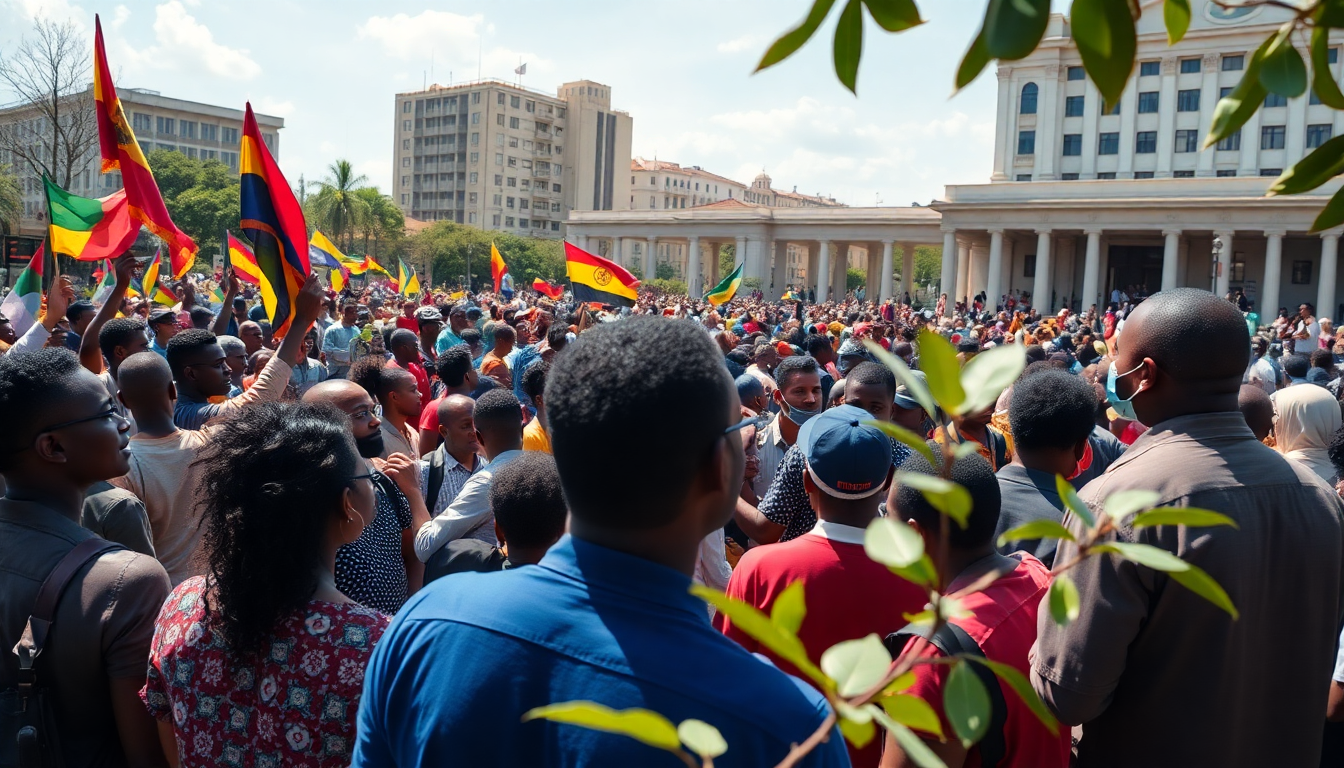Table of Contents
The world we live in is constantly changing, with news stories that not only grab our attention but also shape how we understand global dynamics. Recent headlines have brought to light a variety of significant events, from bold political proclamations in Africa to devastating natural disasters in Asia. In this article, we’ll take a closer look at these happenings, exploring their implications and the responses they have sparked. Ready to dive in?
Political Developments in Africa
One of the standout moments recently came from Kenya, where President Ruto made a striking declaration against corruption, urging authorities to “shoot their legs” in reference to looters. This powerful metaphor captures his frustration with the persistent governance challenges and highlights the urgent need for tough measures to combat corruption. As the Kenyan government grapples with theft and misallocation of resources, especially while trying to stabilize its economy, restoring public trust has never been more crucial.
But why is this stance significant? President Ruto’s comments are part of a broader trend among African leaders who are increasingly adopting more aggressive approaches to corruption. This kind of rhetoric not only aims to galvanize public support but also sends a clear warning to potential wrongdoers. The ripple effects of this discussion reach far beyond Kenya, reflecting a regional commitment to confronting corruption directly, which is vital for sustainable development and attracting foreign investment. Isn’t it fascinating how one statement can spotlight a region’s collective resolve?
Natural Disasters and Human Impact
In Gujarat, India, a tragic bridge collapse has claimed ten lives, starkly illustrating the severe consequences of failing infrastructure. This incident raises critical questions about the integrity of public works and the pressing need for stringent safety standards. As urban areas expand and populations grow, the demand for reliable infrastructure becomes ever more critical. The Gujarat tragedy is a sobering reminder of the human cost that can arise from neglecting these essential services.
In light of such disasters, there’s often a call for governments to reevaluate their infrastructure policies and invest in safety and resilience. The loss of life in Gujarat underscores the importance of proactive measures and accountability in public works. As communities start to recover, the focus should shift towards comprehensive planning that prioritizes safety and sustainability. What steps do you think should be taken to prevent such tragedies in the future?
International Conflicts and Humanitarian Concerns
The ongoing conflict in Gaza continues to capture international attention, with discussions about a potential 60-day ceasefire deal. Negotiations are fraught with challenges, as various factions wrestle with their interests amid the humanitarian implications of ongoing violence. The world is watching closely, hoping for a resolution that prioritizes the welfare of civilians caught in the crossfire. Isn’t it heartbreaking how often ordinary people bear the brunt of political strife?
In another troubling development, the Houthis recently released footage of their attack on shipping vessels in the Red Sea, which further escalates tensions in an already volatile region. Such events not only highlight the complexities of Middle Eastern geopolitics but also stress the urgent need for diplomatic efforts to de-escalate conflicts and address humanitarian crises. The situations in Gaza and the Red Sea remind us of how interconnected global conflicts truly are and their far-reaching consequences. What can we do as global citizens to advocate for peace?
Reflections on Global Events
The recent news cycle paints a multifaceted portrait of our world today, marked by political turmoil, natural disasters, and humanitarian crises. Each incident—from President Ruto’s remarks in Kenya to the tragic bridge collapse in Gujarat, and the ongoing tensions in Gaza—adds to a narrative of pressing issues that demand our attention and collective action.
As we reflect on these events, it becomes increasingly clear that understanding the interconnected nature of our global landscape is essential. Awareness and informed discussions are key as we navigate the challenges ahead, all in the pursuit of a more just and secure world for everyone. What role do you think you can play in fostering this understanding? Let’s keep the conversation going!


